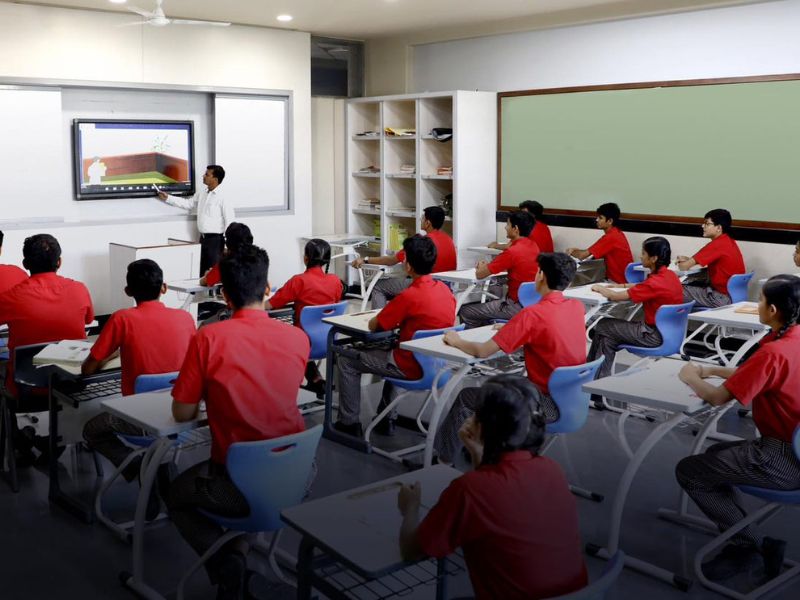– PS Subhash, Principal, SVKM’s Mukesh R Patel School, Shirpur
We live in a world where the safety and security of our youth are facing certain challenges. Knowingly or unknowingly, the society and the new equations of our social system are responsible for the chaos. Where are we lagging in? What do our children lack? What kind of collaborative work do schools and parents need to do to equip our children to face the challenges? The questions and answers are innumerable. But the prominent answer among all is moral education.
In the past, education was designed for ‘formation’ but the new system has redesigned education for ‘information’. Here, the core value system is being neglected to a great extent. Education is informative but knowledge is ‘information with the right perception’. Today’s youth need to be mentored to acquire the ‘right perception’. We need to teach students about making the right moral choices and the importance of a value system as the basis for making decisions in life. By introducing these values in the curriculum through classroom studies, during assemblies, and other school activities, I believe that the purpose of educating students will be achieved.

Classroom of SVKM’s Mukesh R Patel School, Shirpur
Right vs Wrong
The foundation of good character or “moral intelligence” comprises of seven core virtues: empathy, conscience, self-control, respect, kindness, tolerance, and fairness. These ultimately build students’ character and the core principles they turn to for directing the course of their lives long after. In these troubling times, it is crucial that every child knows the difference between right and wrong. Moral IQ comprises skills needed to protect a student’s life such as resolving conflicts, empathizing etc.
Moral intelligence gives children the power to counter external and internal vices so they do what’s right. It is what helps them navigate through the ethical challenges. Moral science teaches students important skills and virtues such as anger management, tolerance, self-control, sharing, and many others. which are required in all life arenas. Moral growth is an ongoing process that will span the course of a student’s life but the morals and values instilled in them today will become the ethical foundation they will use forever. It is what will largely decide our moral destinies and what will become our greatest legacy.
Great Values and Great Citizens
The growth of right citizenship helps a nation to achieve its goals. The most important measure of a nation is not its Gross National Product (GNP), its technological genius, or its military might. It is the character of its people. Moral intelligence includes virtues that are the bedrock of good citizenship and responsible living. A moral citizen is one who has the imagination to comprehend the complexity of the obligation to be guided by conscience. That is so the means and ends are always held in some balance to promote human benefit, or the greater good. The ends cannot justify the means for a morally imaginative and ethically responsible person; each individual in a civil society is a citizen with obligations and privileges. The duties and obligations of a civic-minded individual are the means to assure a common goal of civil society. Right citizenship is the outcome of right civic values. Right civic values can be inculcated only through right moral values thereby nurturing moral citizens.
Also read: SVKM’s Mukesh R. Patel CBSE School, Shirpur























